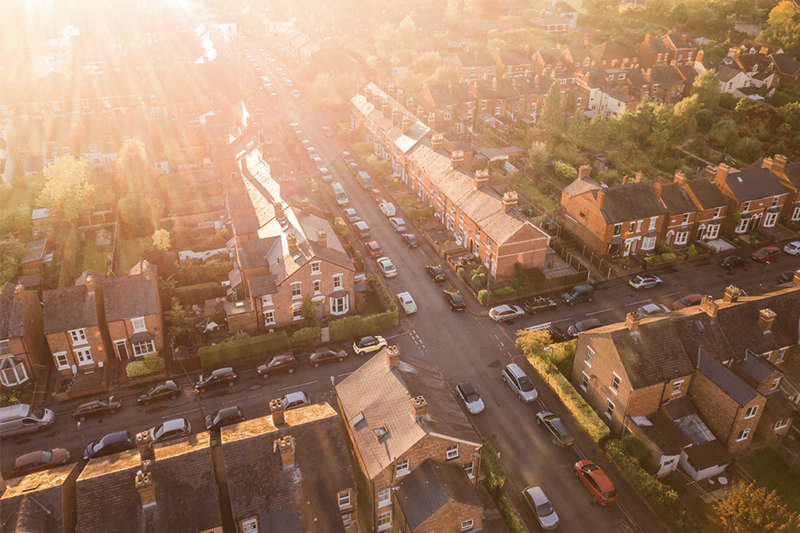Types Of Houses And How They Affect Mortgage And Insurance
Many of us find house hunting an exciting activity to take on. However, it can get frustrating, especially if you are not aware of the type of house you need. Below are the various types of houses and their effect on a mortgage.

Types of houses
Detached
As the name implies, this type of house does not share a wall(s) with the neighbouring house(s). It is standalone. The house may come with a sizeable privately-owned space for increased privacy. The house does not completely take away the neighbourhood feeling but ensures there is a feeling of space and healthy seclusion. For these reasons, such a house is a hot cake in the market and its price is heftier than a semidetached setup.
Semidetached
These houses come in pairs that are attached by a single common wall while the other walls are unattached. Semidetached houses are mostly similar in appearance and size and may come with some space at the back. While they are not as lucrative as detached houses, they offer a decent amount of privacy and are more affordable.
Terraced
Terraced houses join with each other wall-to-wall. They are set up in rows and their structures are the same. The price for these houses is more pocket-friendly, however, your noise level may be limited as wall sharing carries the risk of neighbour disturbance.
End of terrace
These houses are very similar to semidetached houses in that they are only attached to another house at one wall, but they sit at the end of a row of terraced houses instead. Having a detached wall on one side means that you can set up rooms with more noise on this side of the house and the quieter rooms on the attached side.
Flat
Flats are the most common residential properties in the UK. They are not technically houses like the aforementioned structures, rather, they are residential areas that occupy one or two storeys in a larger building. Their sizes vary and so do the prices. Flats that occupy an entire floor are more costly compared to a flat that shares a floor with two or more others. Luxurious flats may take up more space on a single floor and may even have more than one floor. However, smaller flats are generally cheaper compared to most other houses.
Cottage
Cottages are common in rural and semi-rural areas. Made of thick walls and small windows, the houses rise to 2 floors, with the bottom floor typically larger than the top. They have structural pillars and their roofs are often thatched, giving them a modest countryside appearance. Depending on where they are set up, they may be terraced or detached. Despite their simple appearance, these houses come at a hefty sum – a lot of value is placed on their vintage appearance.
Bungalow
They have a few similarities with cottages and are sometimes mistaken to be so, but bungalows only have a ground floor. They can be detached or semidetached and are common among people who cannot use stairs or those who prefer not to. While they lack additional floors, they can still be expensive since they take up more square feet of land as they extend horizontally.
How your mortgage is affected by your type of house
There are various types of mortgages available such as fixed rate, repayment, tracker or interest only. These types do not vary with different houses. Instead, mortgages are designed with regard to individual circumstances and what intent you have for the property you are purchasing. For instance, a mortgage plan will vary between commercial and residential property and also between a house bought for letting and another for a home.
What insurance should you take for your type of house?
All lenders state that it is mandatory to have building insurance when purchasing a house on mortgage. This is beneficial since the insurance will take up the cost of any damage on the house whether or not the mortgage is fully paid.
The details of insurance vary depending on the type of house you wish to buy and the amount you can pay. For instance, houses constructed with flammable materials such as wood or a thatched roof require to be insured against the risk of fire with specialist insurance. Financial advisors or accountants can give additional insight into mortgages and house insurance.
You may also need to insure the contents of your house especially if they are valuable. It is not a mandatory practice, but it may go a long way in giving you a smoother transition in the event of extensive damage such as a fire that brings the whole structure down.
